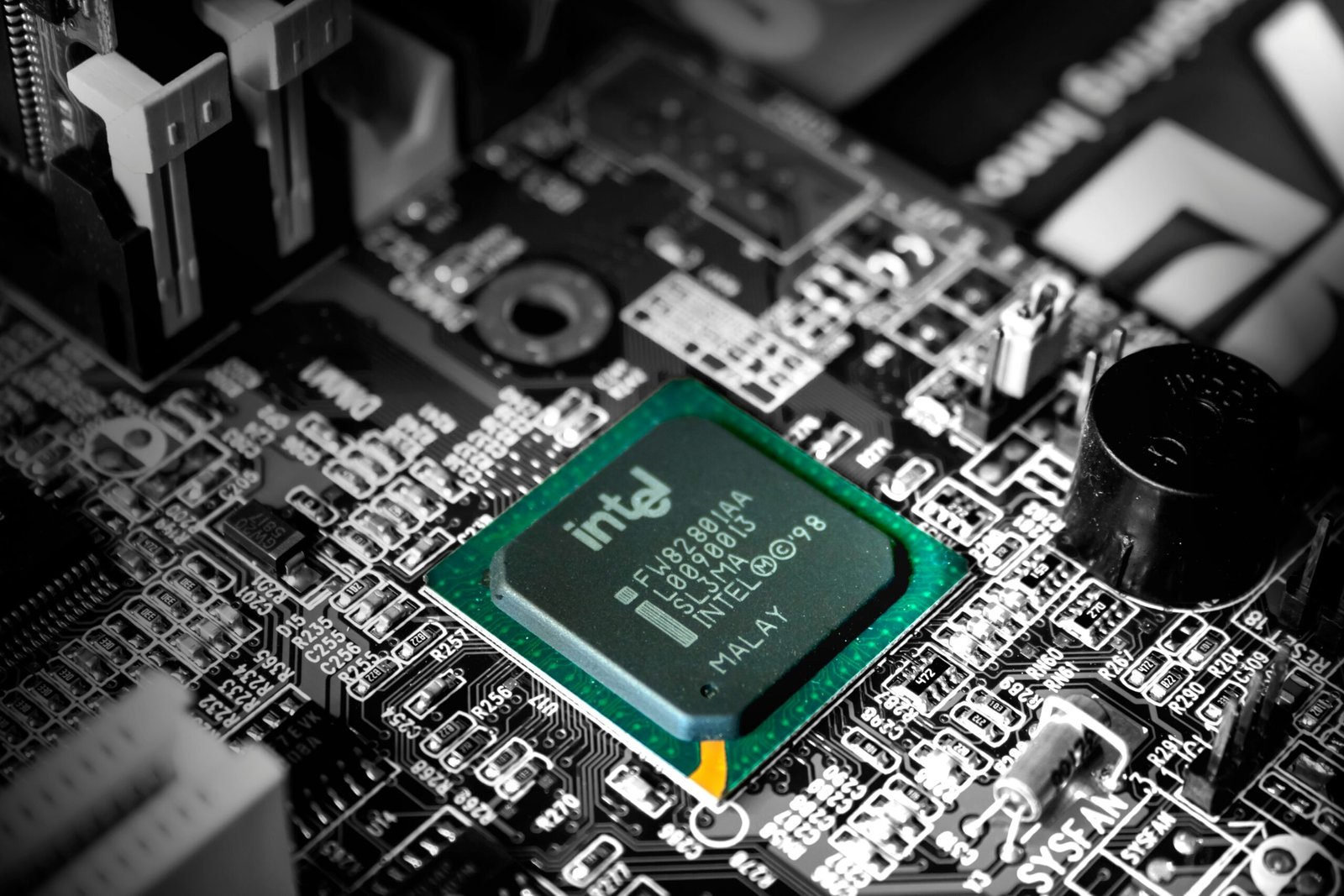Introduction
Artificial Intelligence (AI) is a transformative technology that is increasingly becoming an integral part of everyday life. From managing our schedules to enhancing our shopping experiences, AI applications are present in ways that many people may not realize. Despite its significant impact, there exists a general lack of understanding surrounding the concept and capabilities of artificial intelligence. This lack of familiarity can lead to misconceptions and hesitance in accepting AI’s roles within various aspects of personal and professional life.
Many individuals encounter challenges when trying to grasp the myriad applications of AI. Often, discussions surrounding artificial intelligence can be technical and complex, leaving the average person feeling overwhelmed. This article aims to demystify these challenges by providing insights into how AI technology seamlessly integrates into our daily routines. With practical examples and lesser-known applications, readers will discover how AI can be a valuable asset, enhancing efficiency and enriching experiences.
As we explore the multifaceted domain of AI in everyday life, we will highlight various applications that range from personal assistants to more specialized tools designed to optimize tasks. The purpose of this article is to inform and engage readers, demonstrating the benefits and conveniences afforded by AI that they might have previously overlooked. By shedding light on these practical applications, we hope to inspire readers to embrace this technology more fully, recognizing its potential to streamline daily challenges and improve overall quality of life. Through this exploration, a clearer understanding of AI’s role in everyday interactions will emerge, paving the way for informed discussions and future engagement with this remarkable technology.
Understanding AI and Its Significance
Artificial Intelligence (AI) refers to the simulation of human intelligence processes by machines, particularly computer systems. This encompasses various capabilities, including learning, reasoning, and self-correction. As we navigate through an increasingly digital landscape, the significance of AI becomes ever more apparent in everyday life. Its applications are vast and diverse, influencing multiple sectors, including healthcare, finance, transportation, and entertainment.
One fundamental aspect of AI is machine learning, which enables computers to learn from data without explicit programming. This process allows for improved decision-making and predictions based on historical data. For example, in the healthcare sector, machine learning algorithms analyze patient records to predict disease outbreaks, enhancing preventive measures and patient care. Furthermore, through natural language processing (NLP), AI systems can understand and interact with human language. This technology underpins virtual assistants like Siri and Alexa, enabling more intuitive interactions with devices.
Another vital component is computer vision, which allows machines to interpret and make decisions based on visual inputs. This capability is transformative in transportation, where AI powers autonomous vehicles, improving safety and efficiency on the roads. Moreover, AI’s integration in finance through predictive analytics helps organizations better assess risks and enhance fraud detection, ultimately safeguarding consumer interests.
Statistics underline the relevance of AI in contemporary society. According to a report from the International Data Corporation, global spending on AI systems is projected to reach over $500 billion by 2024. This growth reflects both the increasing adoption of AI technologies and their capacity to address complex societal issues. Given its capability to analyze vast amounts of data and provide actionable insights, AI is instrumental in solving real-world problems, demonstrating its undeniable significance in our daily lives.
Practical Applications of AI in Daily Life
Artificial Intelligence (AI) has become an integral part of everyday life, often operating in the background to enhance our experiences without us even realizing it. One prominent application of AI is in personal assistants like Siri and Alexa. These AI-driven platforms use natural language processing (NLP) to understand voice commands and provide information or complete tasks. For instance, users can set reminders, control smart home devices, or inquire about the weather just by speaking, exemplifying how AI simplifies daily activities.
Furthermore, smart home devices are revolutionizing the way we interact with our living spaces. AI technologies enable devices such as smart thermostats, security cameras, and voice-controlled lights to learn user preferences and habits. For example, smart thermostats can adjust heating and cooling based on your daily schedule, significantly improving energy efficiency. According to research, homes equipped with smart devices can consume up to 30% less energy, which not only benefits the environment but also reduces utility bills.
AI’s influence extends into the realm of entertainment through recommendation systems utilized by streaming services like Netflix and Spotify. These platforms analyze user behavior and preferences to suggest content tailored to individual tastes. Studies indicate that personalized recommendations can increase user engagement and satisfaction, as individuals are more likely to discover new shows or songs that resonate with them. This use of AI enhances the overall user experience, making it more enjoyable and streamlined.
Lastly, AI-powered health monitoring applications have emerged as vital tools in promoting personal wellness. These applications utilize algorithms to track health metrics such as heart rate, sleep patterns, and physical activity. By providing insights and personalized suggestions, users can make informed decisions regarding their health. Research has shown that individuals who actively engage with health tracking apps tend to adopt healthier lifestyles, demonstrating AI’s capacity to foster positive behavioral changes.
Conclusion and Call to Action
In light of the various discussions surrounding artificial intelligence, it is evident that AI permeates numerous aspects of everyday life, enhancing efficiency and providing innovative solutions to common challenges. From smart home devices that automate mundane tasks to AI-driven apps that improve health and personal productivity, the applications of this technology are both diverse and impactful. As individuals, we are uniquely positioned to embrace these advancements, allowing them to enrich our daily experiences.
As a significant takeaway from our exploration, it is crucial to recognize that integrating AI into our lives often involves small yet meaningful changes. For instance, utilizing AI tools for scheduling appointments or managing communication can save valuable time, while incorporating machine learning-based health applications may offer insights into personal wellness. By adopting these tools, readers can unlock potential benefits, simplifying their routines and making informed decisions.
We encourage you to actively explore and engage with the AI technologies mentioned in this article. Whether it is investing time in learning about AI-enabled apps or connecting with community forums, increasing your understanding of artificial intelligence is essential in today’s rapidly evolving digital landscape. Additionally, we would love to hear your thoughts on these innovations. Feel free to share your experiences or ask questions in the comments section below, as your insights are invaluable to fostering a collaborative dialogue.
Lastly, if you found this article insightful, consider sharing it on social media to widen the conversation about the practical applications of AI in our everyday lives. Together, we can lead the way in exploring the transformative potential of artificial intelligence and encourage broader discussions about its role in our future.




